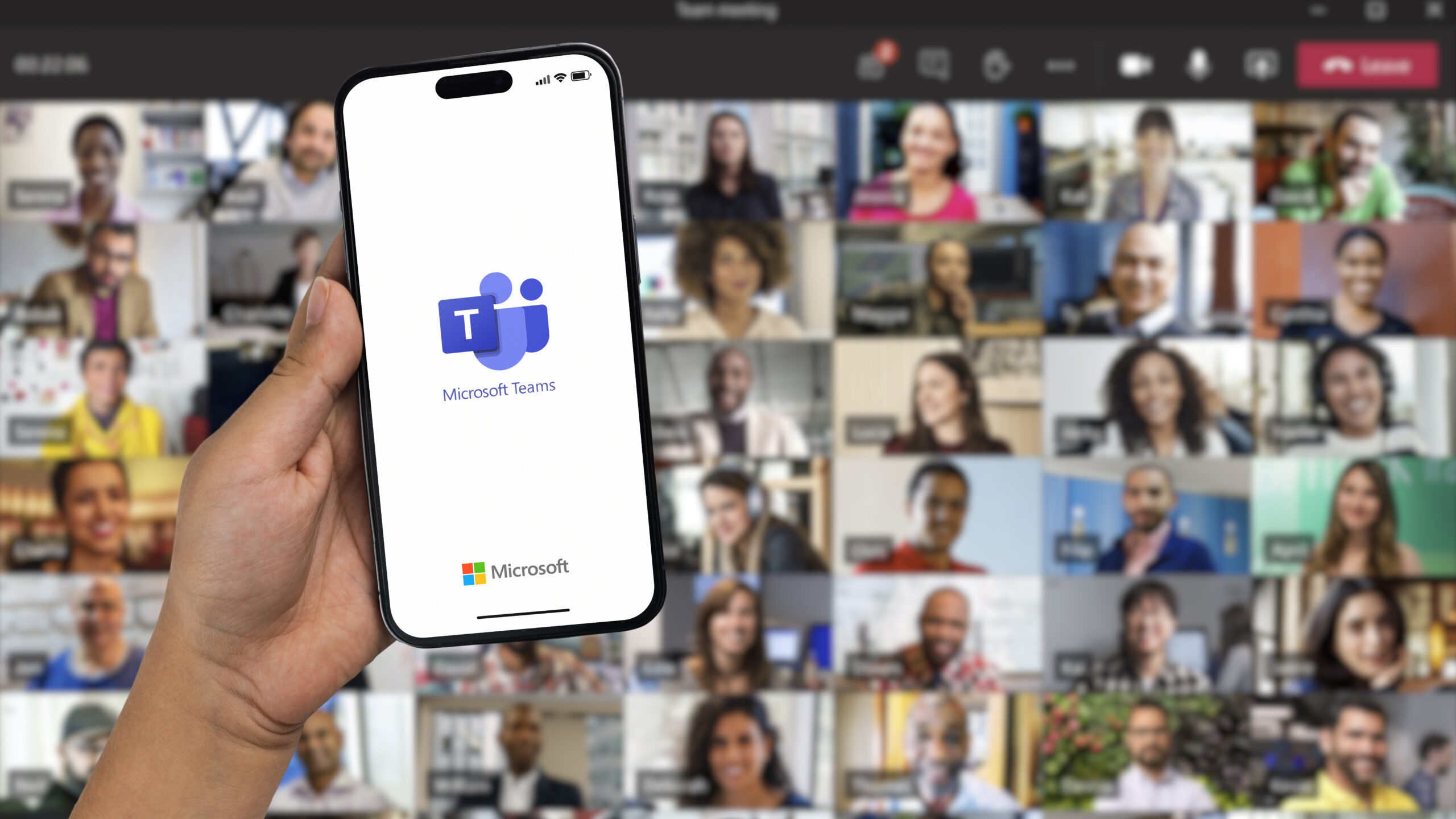What You Need to Know Before November 1, 2025
Microsoft recently announced important updates to licensing requirements for Teams Auto Attendants and Call Queues that organizations should prepare for now. These changes affect how outbound PSTN calls are handled and could disrupt your call flows if adjustments aren’t made in time.
What’s Changing
Starting November 1, 2025, Calling Plan licenses on resource accounts will no longer be supported for On-Behalf-Of PSTN outbound calls. Instead, a Pay-As-You-Go (PAYG) license will be required for Teams Voice Applications (Call Queues and Auto Attendants).
If the required Pay-As-You-Go licenses aren’t assigned by the deadline, outbound calls will fail.
Scenarios Requiring Pay-As-You-Go Licenses
The following call scenarios will require a Pay-As-You-Go license on the associated resource accounts:
- Outbound PSTN calls made by Teams Call Queue agents on behalf of a Resource Account
- Outbound PSTN calls made by Auto Attendants or Call Queues
- Callback PSTN calls initiated from Teams Call Queues or Auto Attendants
- On-behalf-of calls made via Graph API or Phone System Extensibility
Why Pay-As-You-Go?
Pay-As-You-Go licenses act as a safety net. Today, they can already cover calls when:
- Your Calling Plan minutes run out
- Calls are made to destinations not included in your Calling Plan coverage
Beginning November 1, 2025, they’ll become the exclusive license type supporting on-behalf-of outbound PSTN calls. Organizations may also choose to transition fully to Pay-As-You-Go immediately for simplicity.
What You Need to Do
To ensure uninterrupted service, Microsoft recommends completing the following steps:
- Assign a Pay-As-You-Go license to all:
- Call Queue resource accounts configured for on-behalf-of outbound calls
- Call Queue resource accounts with callback enabled
- Call Queue resource accounts where exception handling transfers calls externally
- Auto Attendant resource accounts with external transfer options configured
- Resource Accounts using Graph API or Phone System Extensibility
- Identify affected Call Queues & Auto Attendants:
- In the Teams Admin Center, review Call Queue and Auto Attendant settings for:
- Calling ID assignments
- Exception handling set to external numbers
- Call routing during business hours, after-hours, and holidays that transfer to external numbers
- In the Teams Admin Center, review Call Queue and Auto Attendant settings for:
- For Operator Connect customers:
- Coordinate with your carrier/operator to confirm outbound PSTN calling support in these scenarios. If arrangements aren’t made, outbound calls made by agents on behalf of resource accounts, or by Auto Attendants and Call Queues, may fail.
Key Dates to Remember
- Now: You can begin assigning Pay-As-You-Go licenses.
- November 1, 2025: Calling Plan licenses on resource accounts will no longer work for on-behalf-of outbound PSTN calls. Pay-As-You-Go licenses will be required.
Don’t Risk Disruption
Failing to assign Pay-As-You-Go licenses before the deadline could result in dropped customer calls and broken workflows. Planning ahead ensures your Teams environment remains reliable and avoids unnecessary downtime.
Need Help Navigating These Changes?
Cerium Networks can help your organization assess your Teams environment, identify affected Auto Attendants and Call Queues, and implement the necessary licensing updates.




